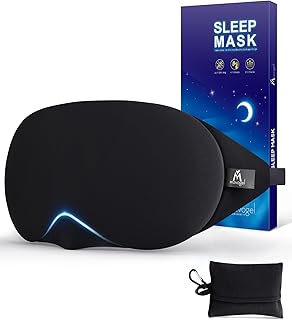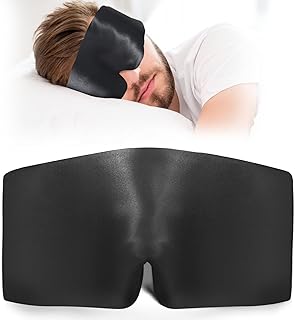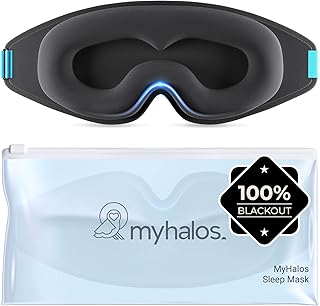Sleep hygiene is crucial for quality sleep and overall health. It involves creating a conducive sleep environment and adopting healthy bedtime routines. By establishing positive habits, individuals can enhance their sleep quality and wake up feeling refreshed. Every person can customize their sleep hygiene practices to suit their needs, making it easier to achieve restful sleep.
Obtaining sufficient and good-quality sleep is essential for physical and mental well-being. Research indicates that cultivating healthy habits is vital for overall health and can lead to positive long-term outcomes. By building an environment and routines that support restful sleep, individuals can improve their sleep hygiene, which is a cost-effective and low-risk strategy to combat sleep issues.
Improving sleep hygiene involves optimizing your sleep schedule, following a consistent bedtime routine, forming healthy daily habits, and creating a sleep-conducive bedroom environment. These practices can promote better sleep and contribute to overall well-being. However, it’s important to note that while sleep hygiene is beneficial, it may not resolve all sleep-related issues. For persistent or severe sleep problems, consulting a healthcare provider is recommended for appropriate treatment.
Establishing a regular sleep schedule, engaging in a nightly routine, and adopting healthy daily habits are key components of good sleep hygiene. Setting a fixed wake-up time, winding down before bed, and incorporating daylight exposure and physical activity during the day can support a healthy sleep-wake cycle. Additionally, optimizing your bedroom environment with a comfortable mattress, calming scents, and minimal disruptions can enhance your sleep quality.
While the concept of sleep hygiene applies to everyone, the specific practices for ideal sleep hygiene can vary from person to person. It’s essential to experiment with different adjustments to determine what works best for your sleep. Remember that improving sleep hygiene may not be a standalone solution for sleep disorders or chronic insomnia. Seeking professional advice from a healthcare provider is advisable for comprehensive treatment of sleep-related issues.
📰 Related Articles
- Debunking Hygiene Myths: Expert Insights for Effective Practices
- The Packaging People Enhance Eco-Friendly E-commerce Packaging Solutions for Sustainable Business Practices
- Study Reveals Factors Impacting Adolescent Menstrual Hygiene Practices
- Study Reveals Disparities in Menstrual Hygiene Practices in Nepal
- Study Reveals Challenges in Menstrual Hygiene Practices Among IDPs






